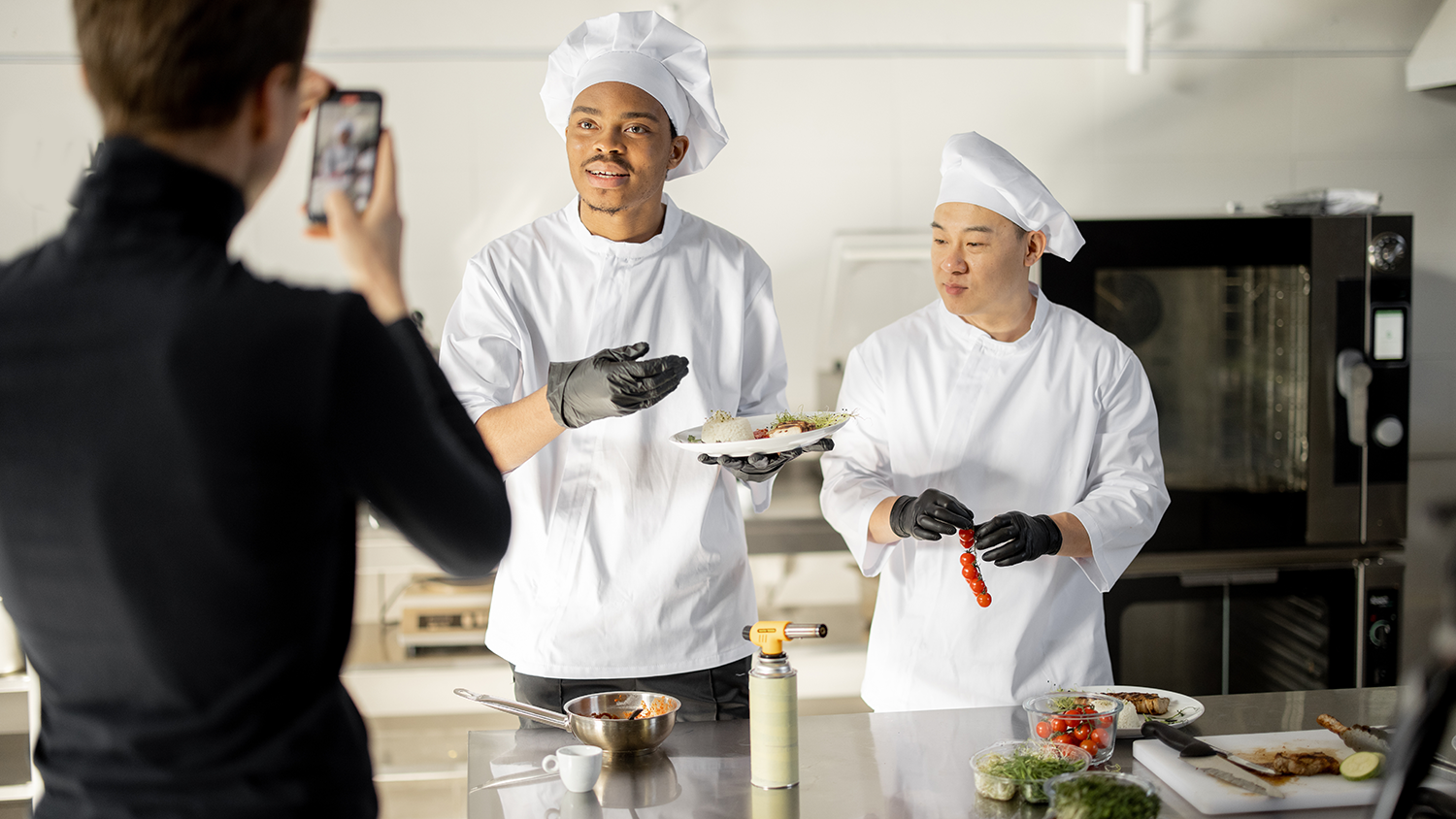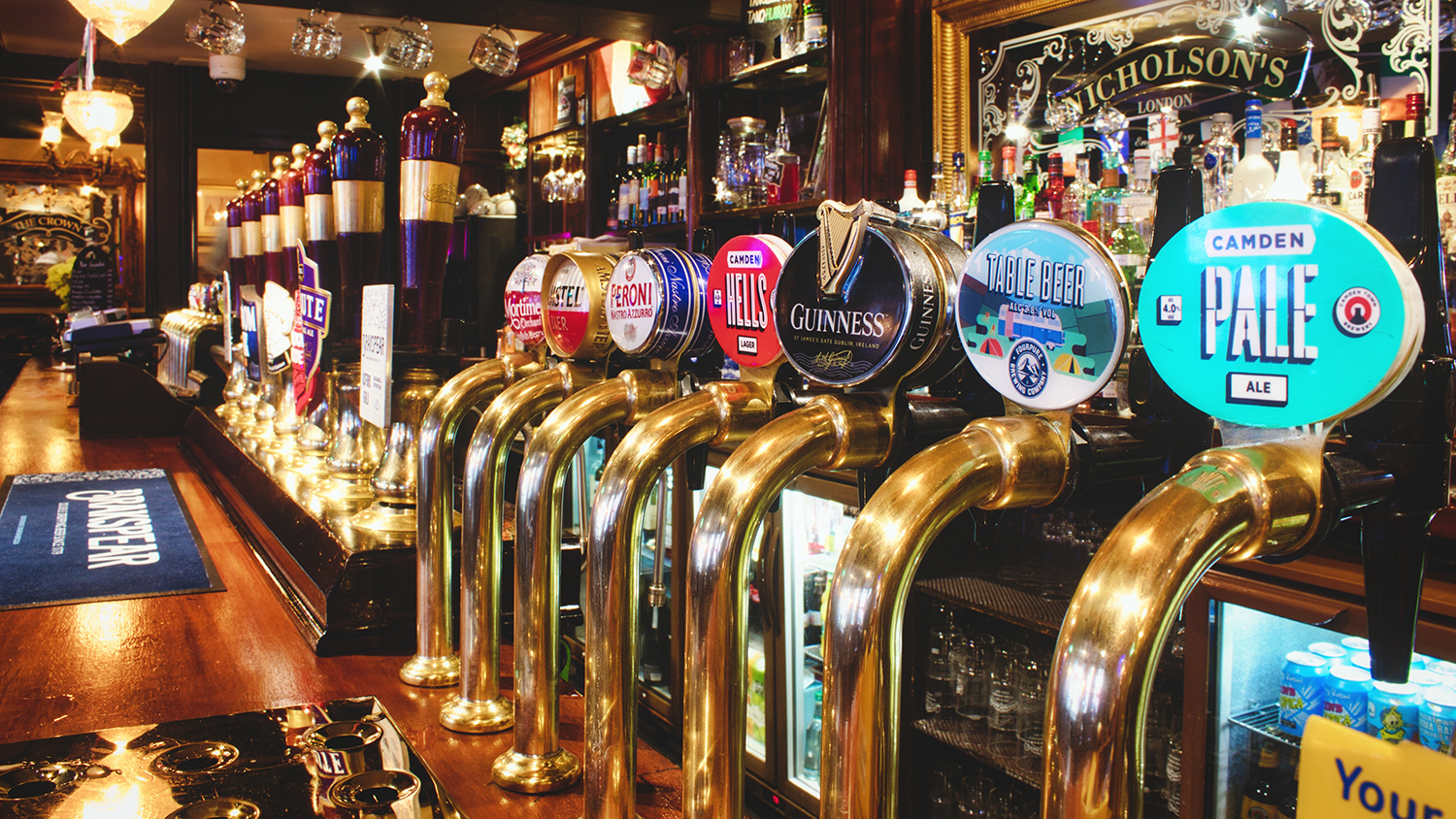By Indiana Lee, Contributor
Restaurant marketing is inherently fast-paced, and standing out from the crowd is quintessential. Digital campaigns and social media play a key role in keeping up, but there is an oft-overlooked tactic that can significantly boost your restaurant’s visibility and revenue.
Although they take some planning, community events are worth the extra effort. Local gatherings provide a unique opportunity for your restaurant to showcase its offerings and foster genuine relationships with community members. Learn how to run an effective, targeted community event to enhance your restaurant marketing and soar to new heights.
Understanding the Value in Community Events
To pull off effective community events, you must understand the important role they can play in your restaurant marketing. Participating in community events puts your restaurant directly in front of your target audience — local residents. You can showcase your brand, menu, and general vibes to potential and existing customers who may not have known this much about you otherwise.
You are also aligning yourself and your brand with community values, further incentivizing a loyal customer base. People who attend these events are already interested in local happenings and can appreciate your restaurant’s commitment to the community or a specific cause. Attendees walk away from the event with, hopefully, a positive experience with your restaurant and can mention this to friends and family in conversation.
This word-of-mouth advertising is important for brick-and-mortar businesses like restaurants to remain relevant and thriving in the local community.
Types of Community Events
When coming up with ideas for events, make sure to check existing, ongoing events in your area. You may be able to grab a booth at a food festival or collaborate with organizations like charities that put on regular fundraisers.
Here are some more ideas for community-focused restaurant events that you can work with others on or put on yourself:
Charity fundraisers like walkathons, food drives, or benefit concerts;
Community gatherings like block parties, neighborhood picnics, or farmer’s markets that occur regularly;
Cultural celebrations like parties to honor holidays or community-specific traditions and history;
Festivals like arts and crafts fairs, concerts, or food festivals, typically with a specific theme like BBQ or wine and jazz.
If you’re hosting your first event, make sure to do adequate research beforehand and be prepared for hiccups. It’s normal to run into issues before and during events, particularly if it’s your first time trying something like this. However, proper preparation can mitigate this, and you can document any mishaps to prepare for next time. Consider working with a seasoned event planner, if possible.
Leveraging Local Events for Marketing
Community events also offer great opportunities for behind-the-scenes photos, video content, and even live streaming. It’s a good idea to have someone on staff or a marketing team at the ready to take pictures or run a streaming setup on Facebook or another social platform of your choice.
This content is great during and after to extend the usefulness of the event, but it’s crucial to have a marketing strategy before the event, as well. Local marketing for restaurants hinges on your ability to get the word out and plan accordingly.
Building an Event Calendar
To ensure you aren’t overpromising and underdelivering, it’s important to plan your events mindfully. Community event marketing will largely depend on restaurant seasonality and the slow or busy periods you experience. Try to schedule events that not only align with your staff’s availability but the needs of your community.
Know your audience and try to tailor events that match their preferences and interests. For example, a farm-to-table restaurant may do well hosting a charity event for a local farm sanctuary.
Fill out your calendar with possible events, and then you can confirm them with your employees and by gauging interest in the public. Once you’ve decided on what events to plan or attend as a vendor, spread the word on social media. Create appealing flyers with tailored messaging to attract guests, and provide ways to digitally RSVP.
Getting Everyone Involved
It’s important to get restaurant staff on board with each event. If certain employees are more interested in certain themes or causes, make sure to allow them to have more responsibility and stake in those events. Regardless, everyone should be clear on their role for each community event your restaurant hosts or attends.
Workforce planning is important to ensure your restaurant is represented accurately and positively, giving you the most return on your investment for each event and upholding your values. If you notice a lack of engagement or issues showing up, you can consult the calendar to see if you’re short-staffed or solicit feedback from staff members on how you can improve for the next event. This way, everyone will feel motivated to show up to the event with their best foot forward for your restaurant.
Engaging with Your Community
When planning the event, consider ways to get involved with the community. Simply showing up is a good start, but make sure you incorporate strategies to get attendees engaged. Consider hosting tastings, offering a photo booth, or raffling off prizes for charity.
During the event, you can livestream it on social platforms for those who can’t attend in person.
Tapping into Revenue-Boosting Opportunities
Community events can lead to revenue growth for restaurants. You can devise special event menus and discounts just for attendees. This prompts potential customers to try out your restaurant in a new and exciting way, and hopefully keep coming back for more.
Measuring Success
Restaurant marketers should track metrics to evaluate the impact of each community event. Consider tracking key performance indicators like foot traffic, social media engagement, and new customers. This can inform how you move forward and enhance your event marketing in the future.
Moving Forward in Your Community
Your goal is to position your restaurant as a pillar in your community. This can be accomplished by getting clear about your values. Whether you want to be seen as charitable, friendly, familiar, or innovative, continue to show up for your community frequently and authentically. It’s important to nurture the relationships you have started to build through ongoing events and community outreach.
Soon, you’ll have to prepare for your busiest restaurant season yet.













